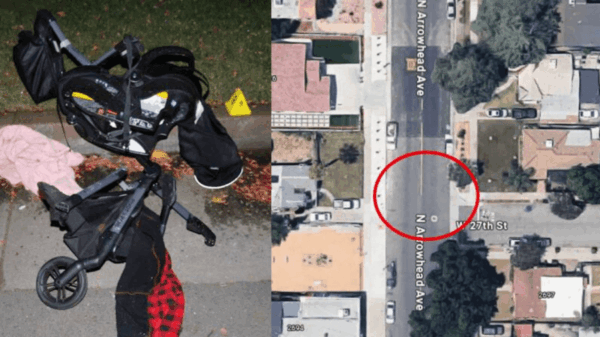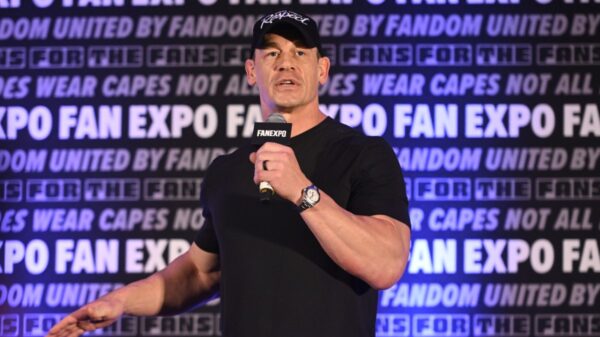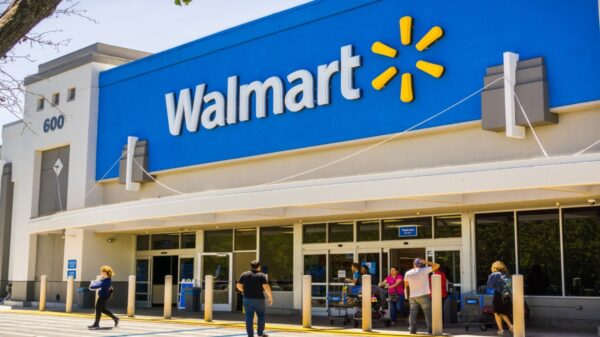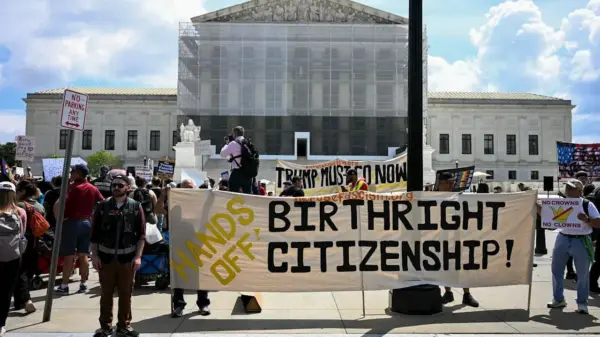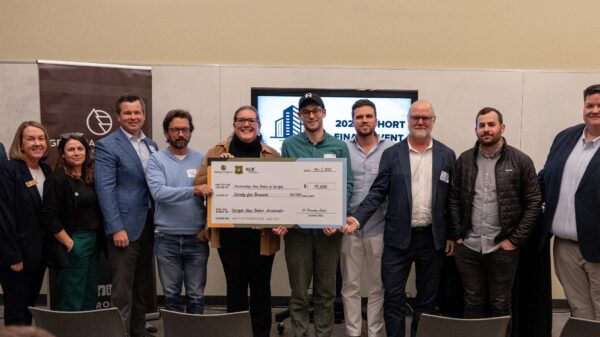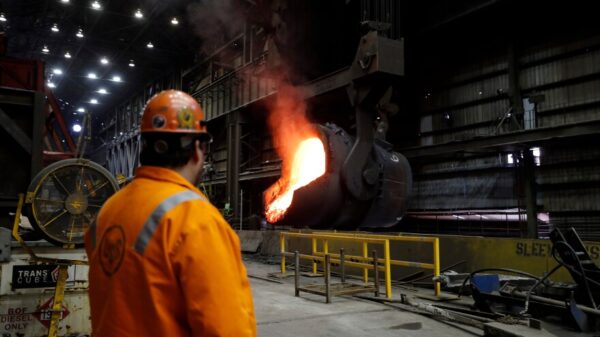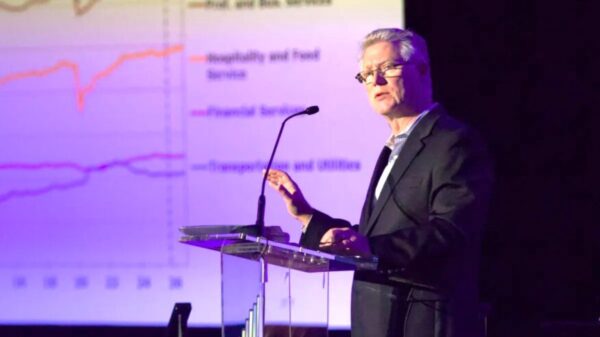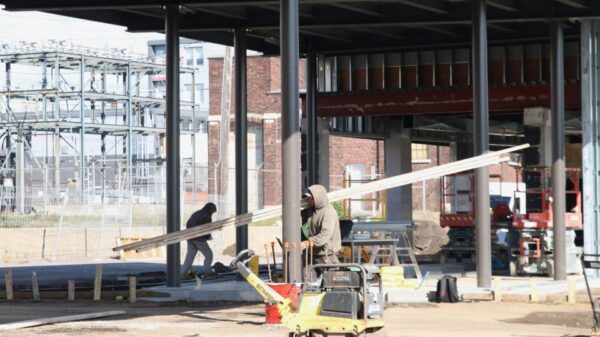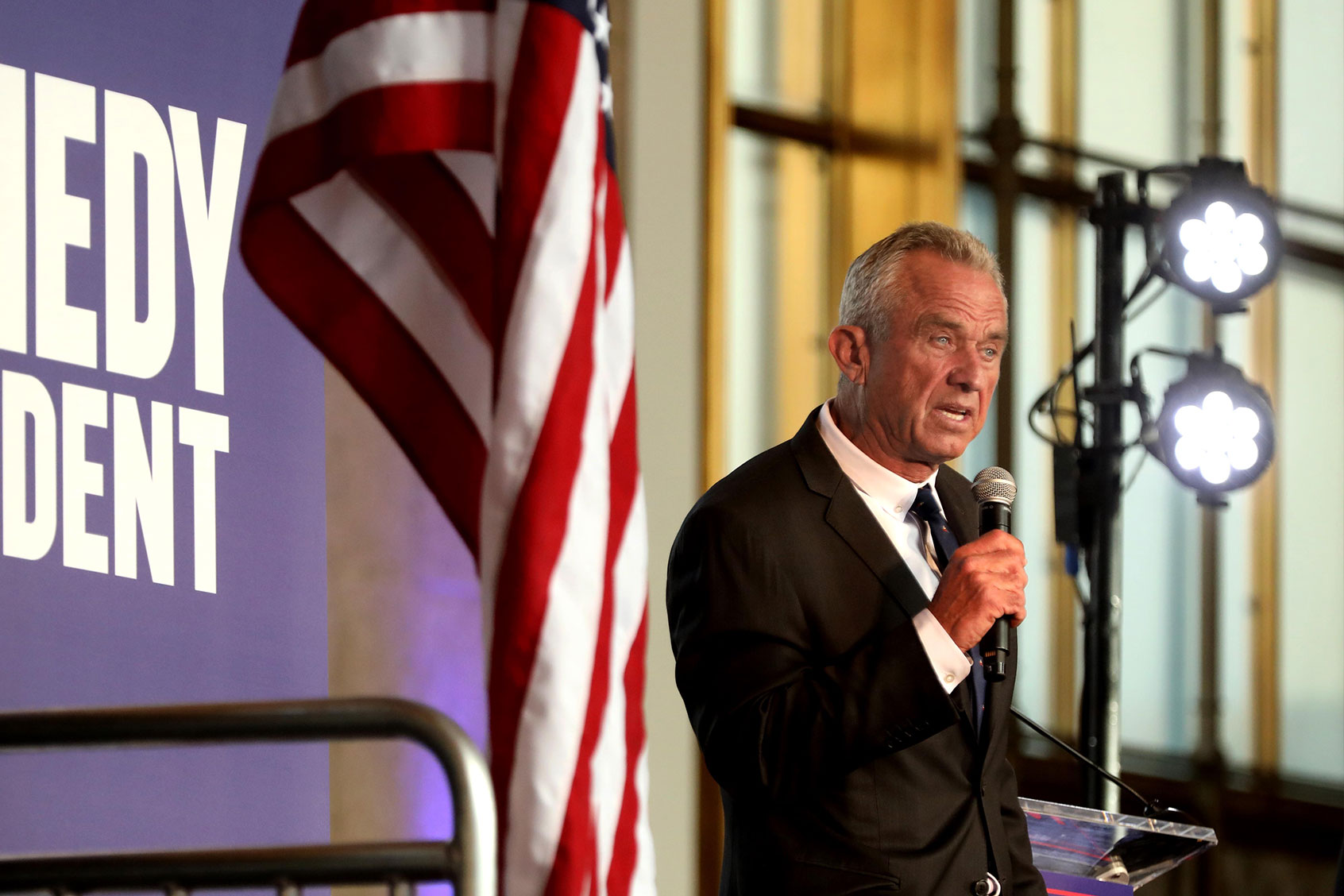URGENT UPDATE: In a surprising twist, Robert F. Kennedy Jr. has drawn criticism for prioritizing fast food over support for American farmers. During a March interview with Sean Hannity, Kennedy proudly showcased a double cheeseburger and fries from a Steak ’n Shake in Florida, stating, “They turned me into a verb.” This comes as the Trump administration has cut over $1 billion from crucial programs that support small farms, raising serious concerns about the future of American agriculture.
Kennedy, the U.S. Secretary of Health and leader of the MAHA Commission, has positioned himself as a champion of public health. He argues that ultra-processed foods pose a significant risk to health, a sentiment echoed by many in the health community. However, critics assert that his campaign for what he terms “real food” seems more like a rebranding of fast food than a genuine effort to revive American farming.
The latest developments reveal a stark contrast between Kennedy’s rhetoric and the actions of the administration he represents. Just as Kennedy bit into his burger, the administration had already slashed funding for programs that his own reports highlighted as essential for supporting small farmers. This includes cuts to programs designed to provide fresh produce to schools and tribal food systems, leaving many farmers in a precarious position.
As reported by The Guardian, independent and organic farmers are alarmed by the growing disconnect between Kennedy’s promises and the administration’s actions. Earlier this year, the MAHA Commission released a report pinpointing a direct link between the rise in childhood chronic diseases and the consumption of ultra-processed foods. The report calls for a shift toward whole foods produced by American farmers. Yet, less than a month later, funding for vital agricultural support programs was dramatically reduced.
Ellee Igoe, co-owner of Solidarity Farm in southern California, emphasized the gravity of the situation, stating, “This is a huge deal for small farmers. We’re growing healthy food and providing it to local communities. And they are cancelling contracts without real reason.”
The implications of these cuts extend beyond just small farms. The USDA has suspended billions in payments for multiple programs that support rural communities, further endangering the agricultural infrastructure. Key services that farmers rely on are being dismantled, including the closure of regional offices that provided essential support. Farmers are now facing long drives to access the services they need.
As hunger rates rise and public school meal programs come under threat, Kennedy’s focus on fast food options raises questions about the true direction of American food policy. In June, he announced collaborations with major corporations, including a pledge from Starbucks CEO Brian Niccol to modify menu items. Critics are left to wonder if this approach genuinely addresses public health or merely serves corporate interests.
The situation has reached a critical point where the health of American agriculture hangs in the balance. As the Trump administration continues to pull funding from essential programs, it remains to be seen whether Kennedy will redirect his efforts to protect the backbone of American food systems or continue to endorse fast food.
The public is urged to pay attention to these developments as they unfold. The future of farming in the U.S. and the health of its citizens depend on the actions taken by leaders in the coming weeks.




